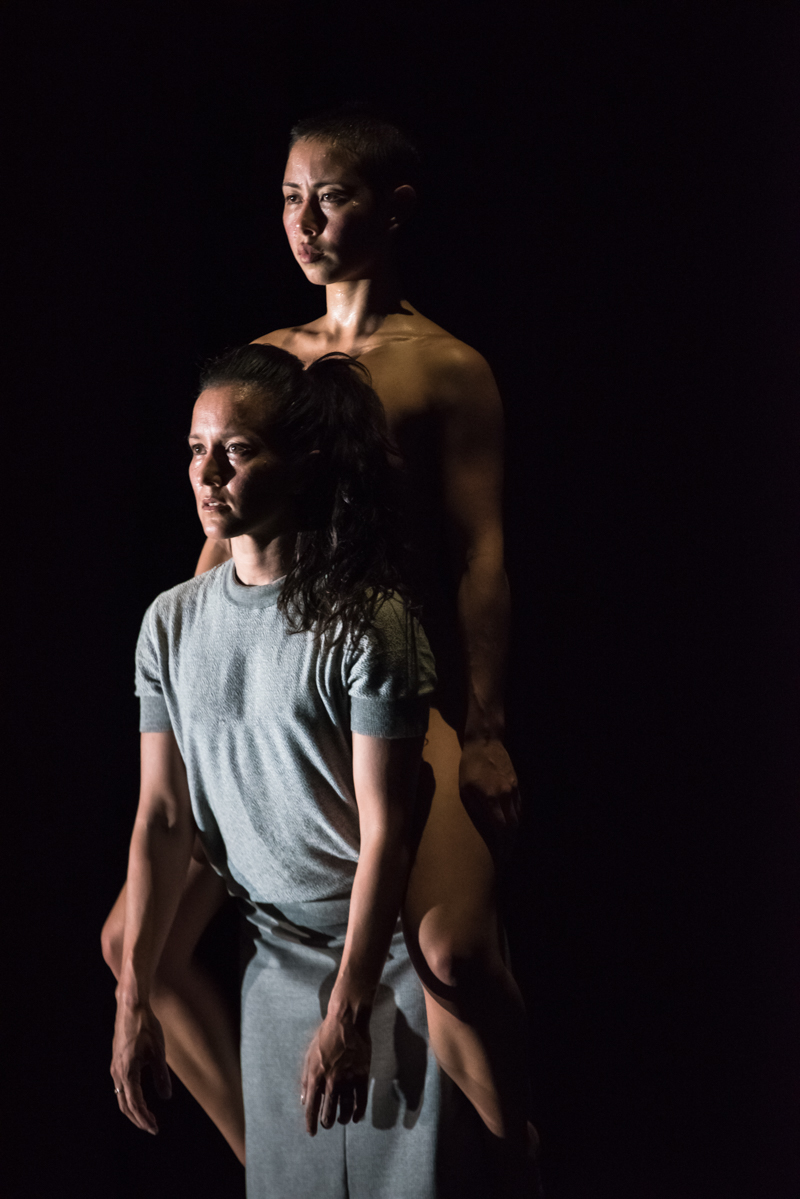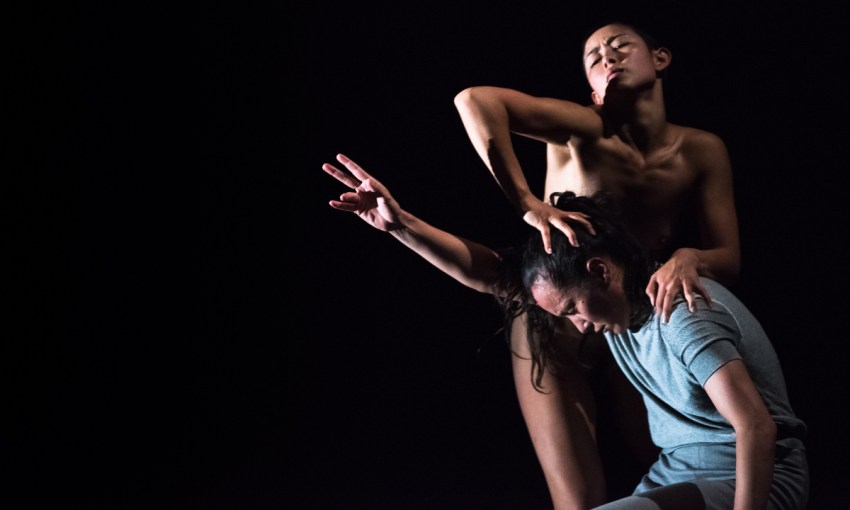After initial development that involved only the exploration of physical and time restrictions, choreographer Lucy Guerin has crafted a work that speaks to some of humanity’s most difficult themes.
Split: On the edge of understanding
When Lucy Guerin started conceptualising Split – her award-winning dance work – the Adelaide-born choreographer was attempting to return to the core of her medium.
“I made Split because I had been working on some quite large scale works that required a lot of collaboration with designers and the production team and a lot of technical consideration,” says Lucy.
At AC Arts, March 2 to March 5
“I really do enjoy that process, but with Split I just wanted to work with the dancers and the space and not have to consider this whole big production.”
Lucy’s initial ideas for the piece involved
creating limitations that, as they became more pressingly present, re-contextualised the dancers and the choreography.
In development, Lucy watched the dancers working within her restrictions and saw big themes naturally emerging on stage.

“Because it’s this work that starts in the whole space, and then the space is reduced over time to an extremely small space, right up into the corner, for me it became very much about diminishing options, diminishing possibilities in the world,” says Lucy.
“We see that now in terms of things like the environment, and on a global scale in how we negotiate each other in that space.”
The decision to clothe one performer while leaving the other naked was also a result of this instinctive way of making work.
Lucy tried the costume arrangement in rehearsal and found it accentuated the dynamics between the two dancers and achieved the expression of “two sides of one mind” for which she had been striving.
The process of teasing out these themes might be intuitive and non-explicit for Lucy, but her natural capacity in this mode of development speaks directly to her enchantment with the medium of dance.
“I am interested in the world dance can create on stage, which is very different to our everyday world,” she says.
“That everyday world is really based a lot around this sort of common understanding we have that is explained a lot through language where we agree to understand certain things together.
“And I think the world that is created on a stage or anywhere through dance is totally of another order and it’s sort of – for me – this unfamiliarity of it and the tone and mood that is generated that I still find mystifying in a way, I guess, but that I’m very drawn to.”
Another part of the mystic draw of Split is its soundscape, which was created by British electronic musician and composer Scanner (born Robin Rimbaud).
The short segment of music Scanner created for Split is looped throughout the entirety of the work, adding to the rising sense of tension.
“It’s amazing because when you listen to it, you would never think that it’s looped,” says Lucy.
“It feels like it develops throughout the work. There’s something about it in relation to the dancing that creates this very strange, aural hallucination or something.”




